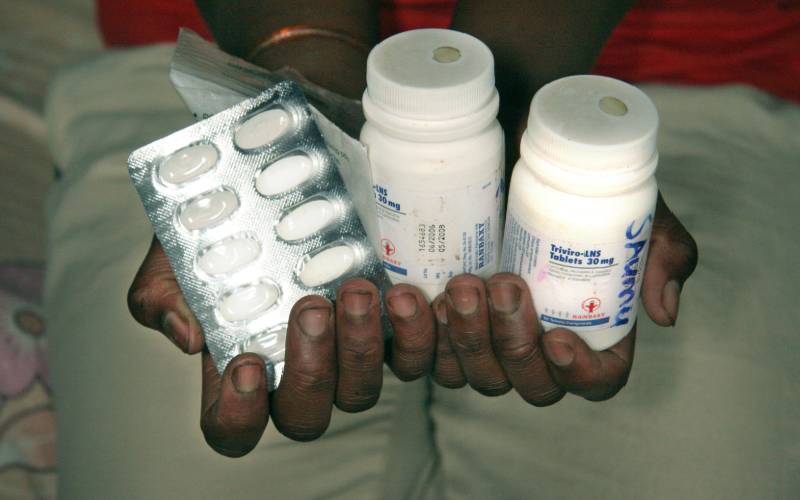 Despite a drastic reduction in the number of new infections, HIV and Aids still pose serious health challenges. However, government efforts to stem the rise in HIV infections have paid dividends.
Despite a drastic reduction in the number of new infections, HIV and Aids still pose serious health challenges. However, government efforts to stem the rise in HIV infections have paid dividends.
The country has gone from 77,200 new cases among adults aged between 15 and 49 in 2010, to 52,800 new cases in 2017, a 32 per cent decline. Nevertheless, by the close of 2018, statistics reveal that there were at least 1.6 million Kenyans living with HIV and Aids. Simply put, the fight against this scourge still has a long way to go.